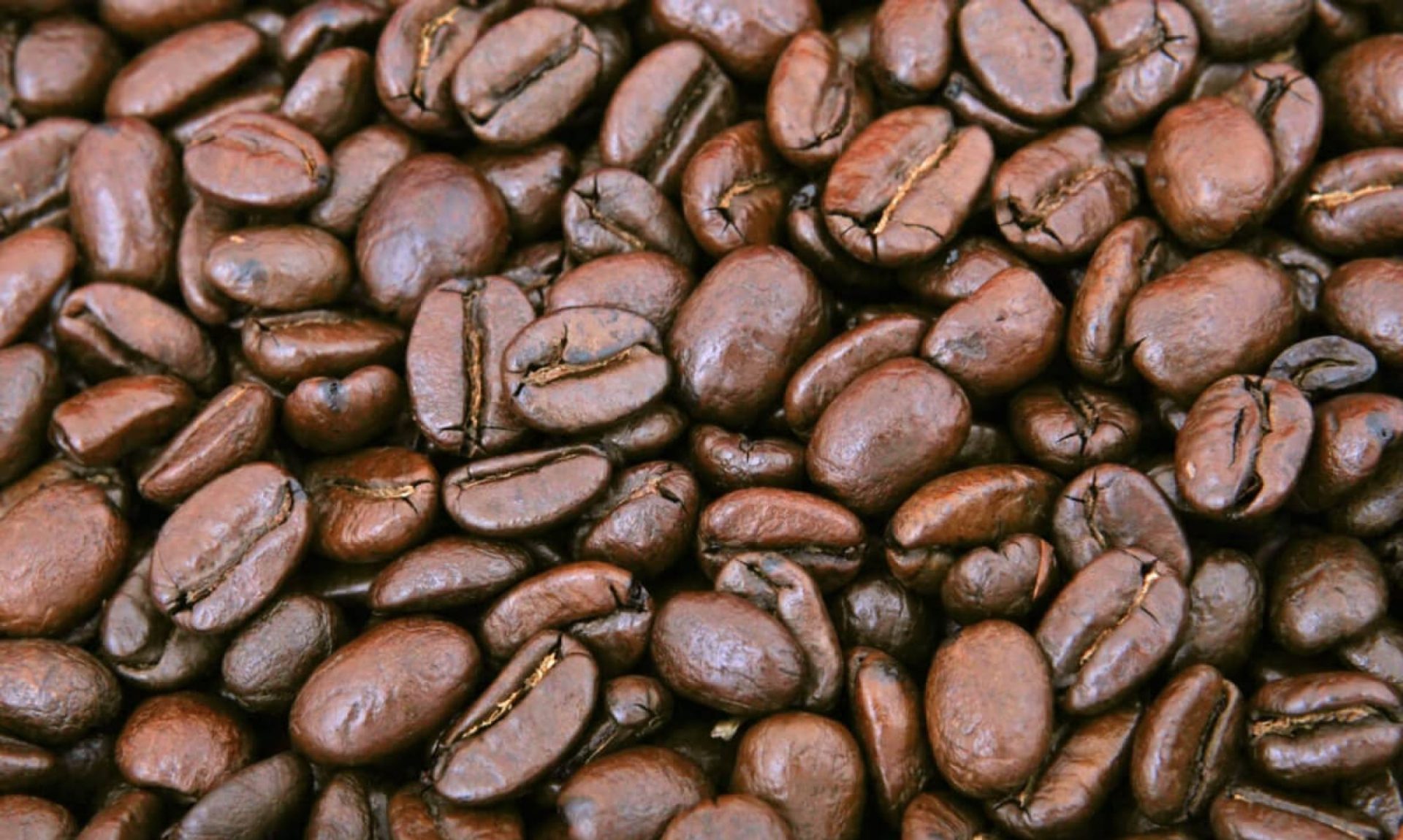For many of us, coffee is the go-to beverage that starts our day and keeps us going throughout. However, excessive coffee consumption can lead to jitters, disrupted sleep, and caffeine addiction. Fortunately, there are many alternatives to coffee that can provide a natural energy boost without the drawbacks. In this blog post, we will explore five surprising alternatives to coffee that will energize your day in a refreshing and healthy way.
Matcha – the calm energy booster
If you’re looking for an alternative to coffee that provides a clean, focused energy, matcha may be your new best friend. Made from ground green tea leaves, matcha is packed with antioxidants, vitamins, and minerals. Unlike coffee, matcha contains L-theanine, an amino acid known for its relaxing properties. This unique combination promotes a sense of calm focus while avoiding the crash associated with coffee. Enjoy a cup of matcha in the morning to start your day with sustained energy and mental clarity.
Yerba mate – the social energizer
Originating from South America, yerba mate is a traditional herbal tea known for its stimulating effects. It contains natural caffeine, theobromine, and theophylline, which together promote increased alertness and focus. Yerba mate provides a gentle, sustained energy boost without the jitters or caffeine crash often associated with coffee. Its earthy and slightly bitter taste makes it a great alternative for coffee lovers seeking a social and energizing beverage.
Golden milk – the soothing elixir
If you are looking a warm and comforting alternative to coffee, golden milk might be the perfect choice. This ancient Ayurvedic beverage is made from a blend of turmeric, ginger, cinnamon, black pepper, and a milk of your choice (e.g., coconut milk). Turmeric, the star ingredient, possesses anti-inflammatory properties and provides a gentle energy boost. Golden milk is a soothing elixir that can be enjoyed in the morning or as a relaxing evening drink to wind down.
Herbal infusions – nature’s energy drinks
Herbal infusions offer a wide range of caffeine-free options for those who wants to give up coffee. From peppermint and chamomile to ginseng and rooibos, the world of herbal infusions is vast and varied. Many herbs,such as ginseng, ashwagandha, and rhodiola, are adaptogens, which are known to increase mental clarity and boost energy levels naturally. Experiment with different herbal blends and find the flavors and combinations that work for you.
Fresh juice – the natural powerhouse
Starting your day with a glass of freshly squeezed juice can provide a natural and invigorating energy boost. Packed with essential vitamins, minerals, and antioxidants, fresh juices deliver a concentrated dose of nutrients to your body. Try combinations like orange and carrot, beet and apple, or kale and pineapple to awaken your senses and replenish your energy levels. However, be aware of the natural sugars in fruit juices and enjoy them in moderation.
Conclusion
While coffee is a popular beverage, it’s not the only option when it comes to boosting your energy levels. Exploring alternatives such as matcha, yerba mate, golden milk, herbal infusions, and fresh juices can offer a refreshing change and a healthier approach to staying energized throughout the day. Embrace these alternatives, savor their unique flavors, and discover the one that best suits your taste buds and lifestyle. Remember, a well-rested and nourished body is the key to sustained energy and vitality.
